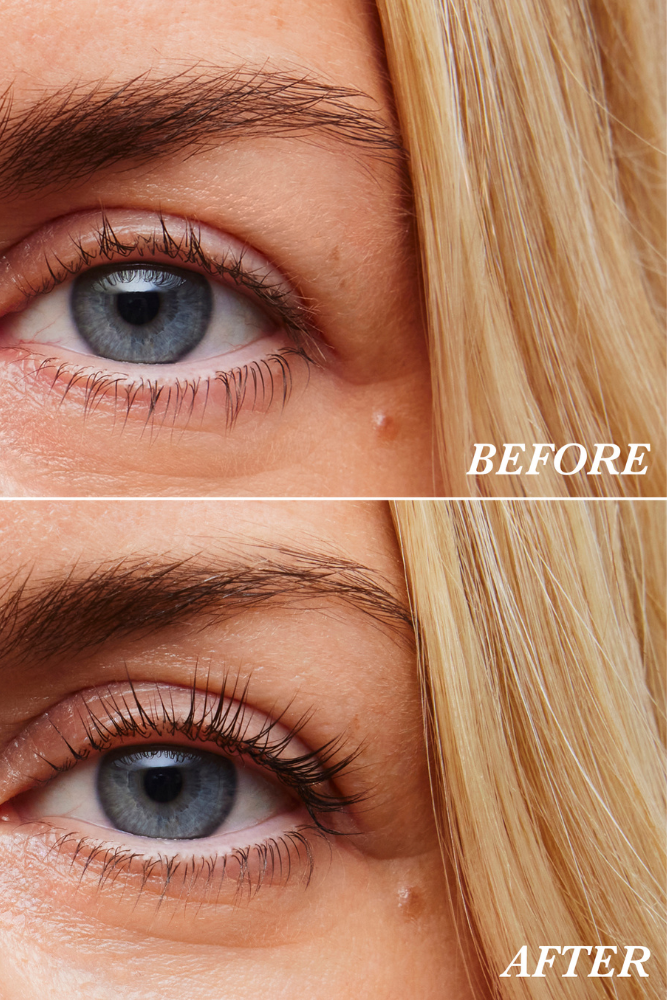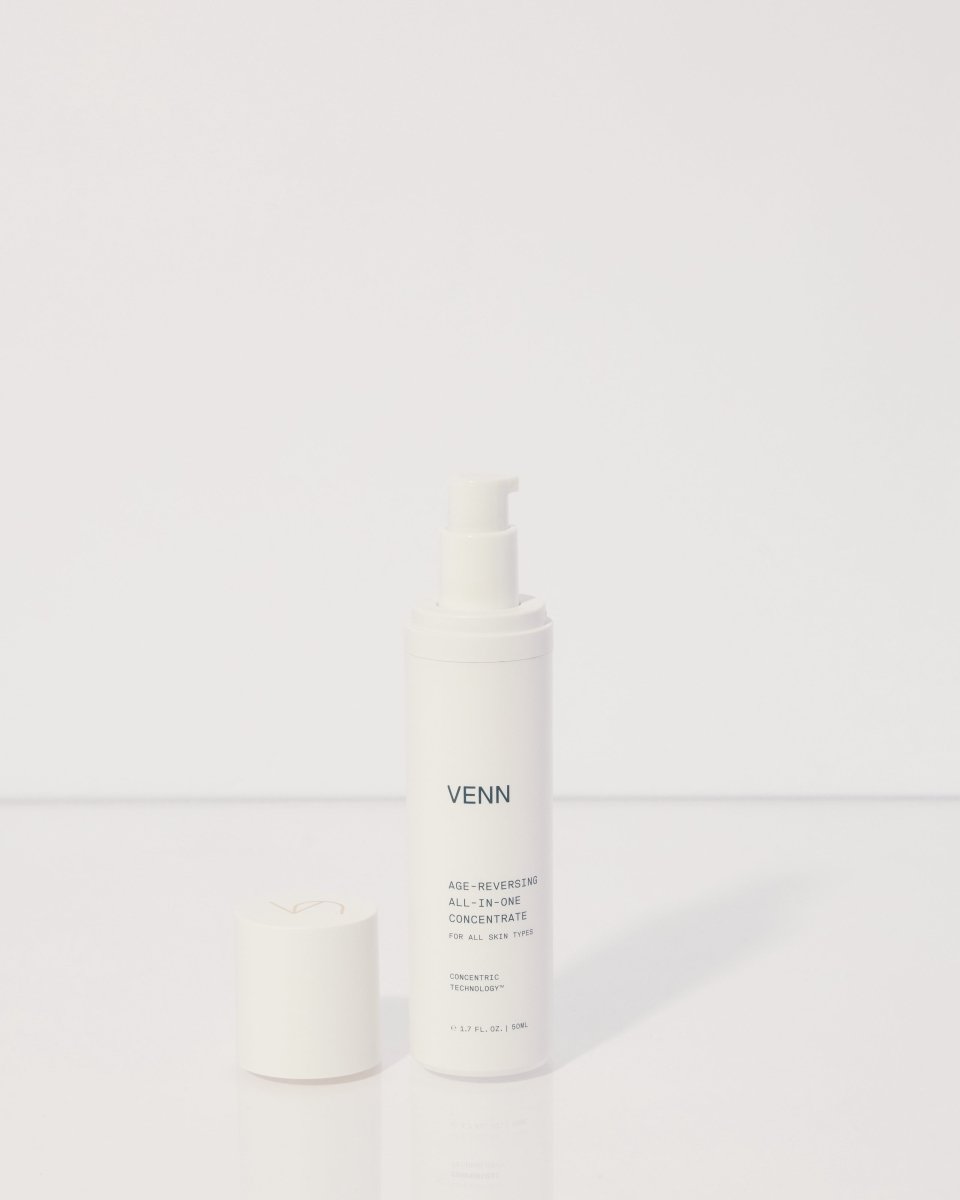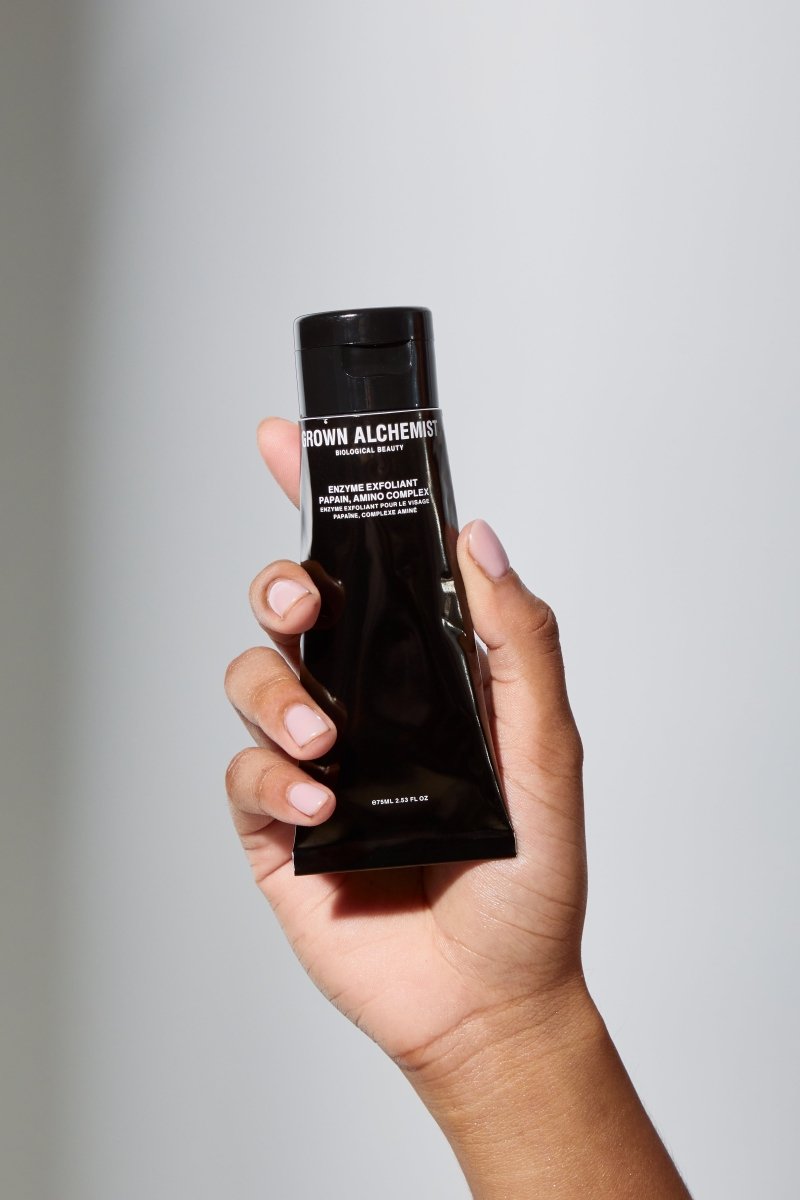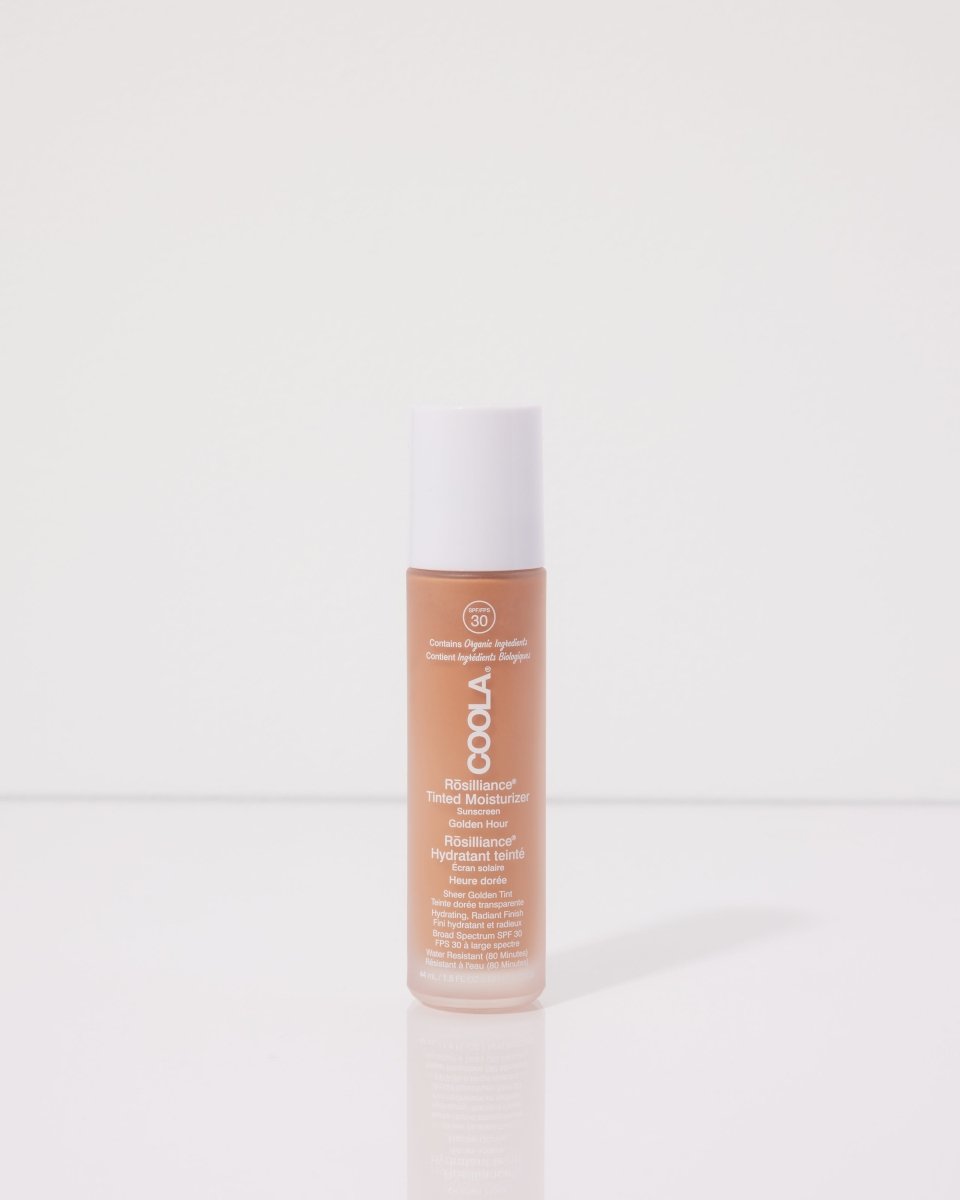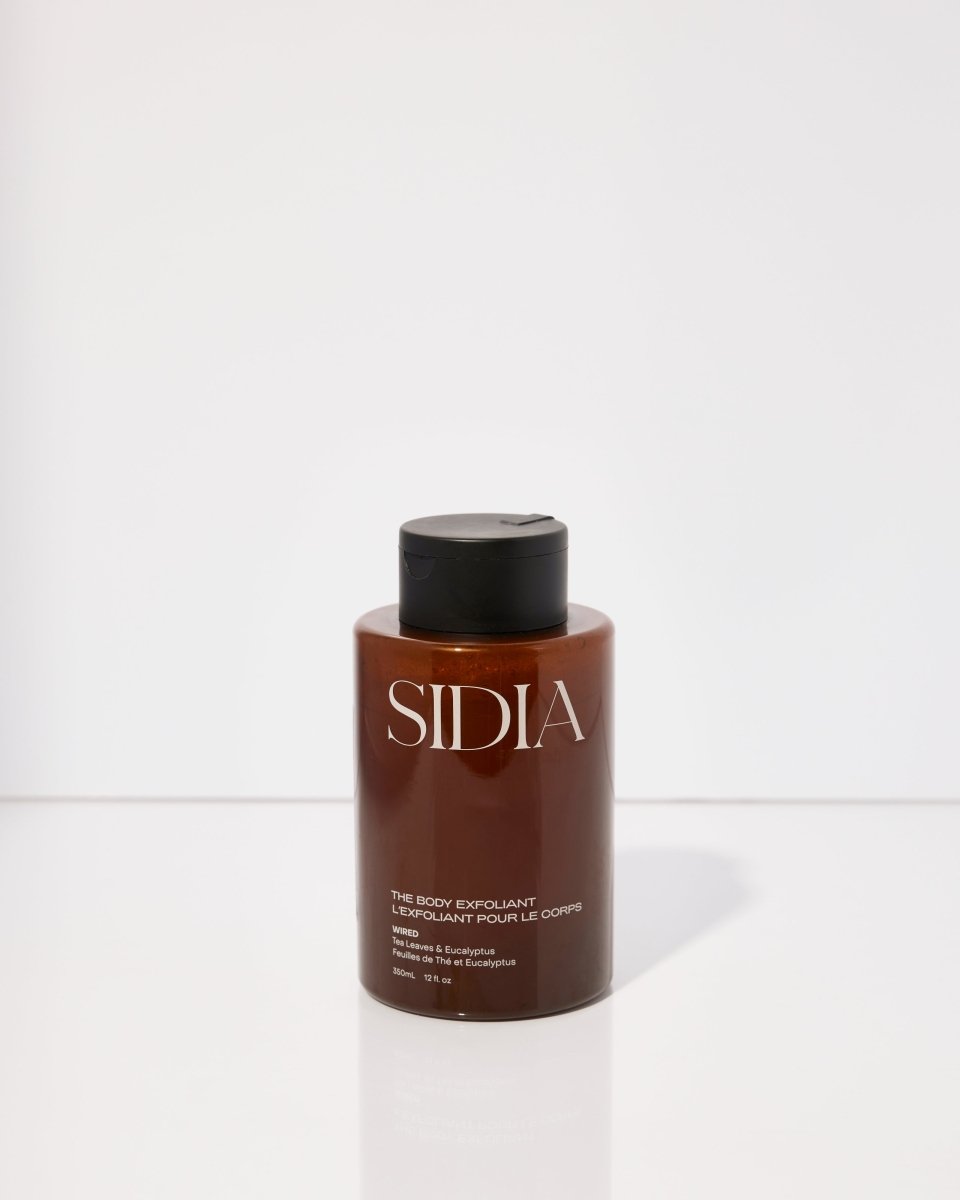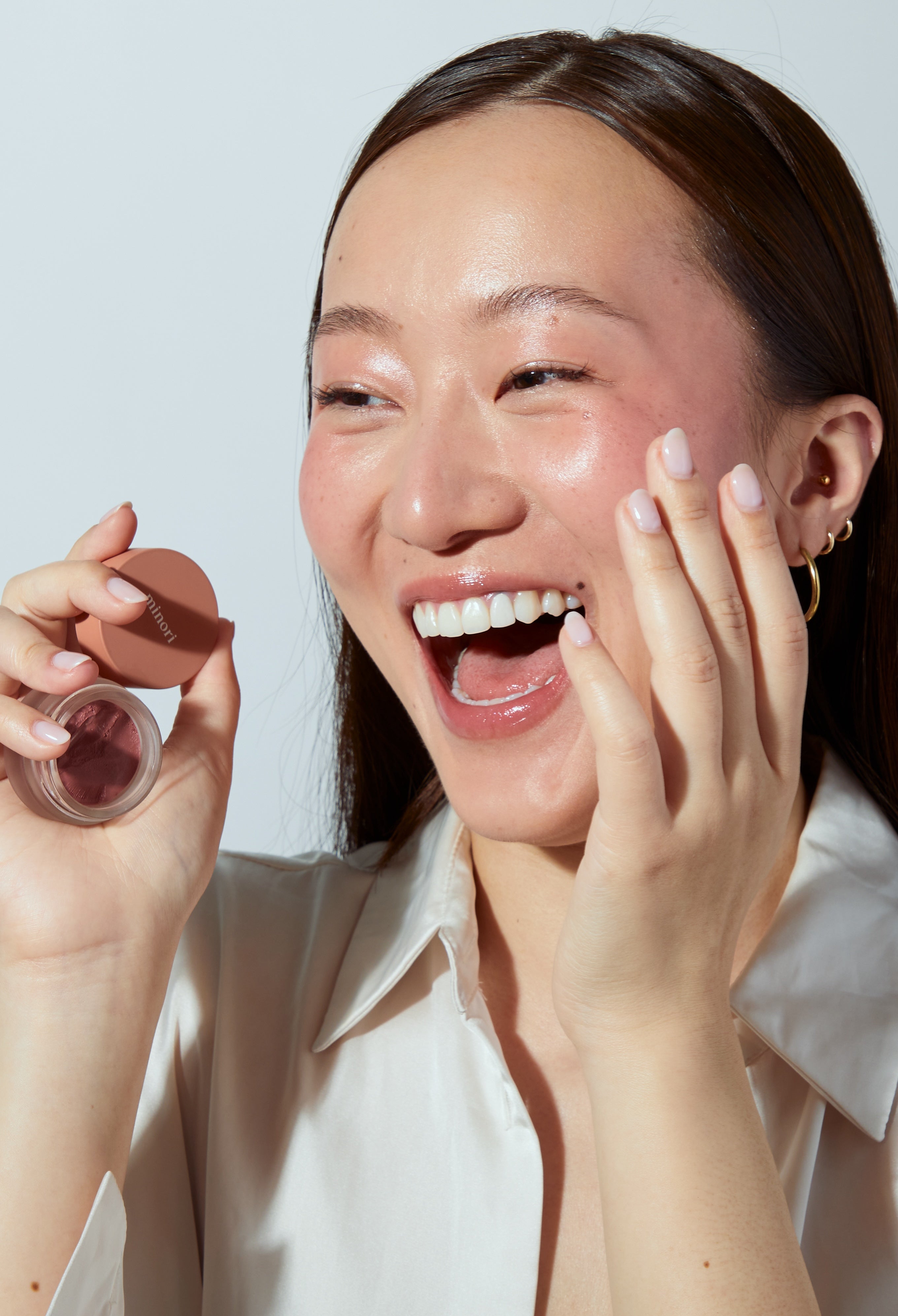Here at Beauties, we believe in a holistic and "whole-picture" approach to getting your glow on.
We consider that healthy skin comes from:
- The products you use
- The foods you eat to nourish your body
- The way you manage your stress
- How much sleep and rest you get
Unfortunately, since the pandemic started, many people have been experiencing an increased amount of stress and disrupted sleep patterns.
The annoying result: skin that's breaking out and flaring up... despite face-masking every second day and barely wearing any make-up.
(Seriously… what the heck?!)
If this is you, 1) you are not alone and 2) I'll share with you how you can lower your stress levels and improve your sleep so that you can get your beloved glow back.
You look stressed
As in your face is showing the effects of stress on your skin: dull complexion, deeper wrinkles, and breakouts.
Yikes!
Before I share why continuous stress is bad news for your skin, I need to explain what stress does to your overall body.
When you’re dealing with stress, your body produces a hormone called cortisol. Along with many other functions, this hormone helps you become more alert and allows your body to deal with the immediate “threat” in front of you (ex. an annoying jaywalker that jumps out of nowhere causing you to hit your car breaks abruptly).
Your body will put on pause your digestive and reproductive system, and any other repairs going on in your body (including skin repair) so that it can focus all its energy on the problem at hand.
Once the “threat” goes away (ex. the jaywalker is out of the way), your cortisol levels go down and your body can resume its normal functions.
When stress becomes a problem
Overall, cortisol is a very useful hormone. The problem is when you experience chronic stress (ex. stress from your work, a relationship, or from navigating uncertainty) and your body continuously pumps out cortisol into your bloodstream, keeping its level constantly high in your body.
When it comes to your skin health, persistently high levels of cortisol not only puts the breaks on collagen production and skin turnover (hello wrinkles and dull complexion), but also sends a signal to your skin to create more oil. To add to this, high levels of cortisol also increases inflammation in the body and skin.
If we go beyond the direct effects on your skin, increased stress is also associated with:
- Hormonal imbalance (which can then lead to hormonal acne)
- Disrupted digestion and gut microbiome (this topic will be explored in a future post, but in summary, your gut health is closely linked to your skin and hormonal health)
- Increased intake of refined carbohydrates and sugar, either through stress eating or because your body thinks it needs more fuel to manage “threats” (this article explains why sugar can lead to skin problems).
Combine all these factors together, and you have the perfect storm for acne breakouts!
While “everyday” stress is enough to throw our skin into a frenzy, the pandemic and the latest world events have without a doubt intensified this for many.
The combination of uncertainty, the influx of negative news, increased responsibilities, and the decrease of social connection is adding to our mental load.
So what’s a gal to do?
Tips to help de-stress and give your skin a break from cortisol
Along with “conventional” relaxation techniques (ex. meditation apps like Calm or Headspace, 5 deep and slow breaths when you feel tense, writing down 5 things you're grateful every night before bedtime), take a moment to see how the above pandemic / world event stressors might be affecting you. For example:
- If your heart sinks each time you watch the news, consider removing the news notifications from your phone and commit to only looking at the news once or twice a day instead of at every hour. This way you are staying informed, but aren’t exposing yourself to stress on the hour.
- If loneliness is hitting you hard, schedule a Facetime call with your friends each week and/or a physical distance picnic with your loved ones. When we feel connected to others, we release a hormone called oxytocin that can reduce our cortisol level.

Crédit photo : Michaela D'Artois
Sleeping Beauties
How’s your sleep been in the last few months?
If you answered “not so great”, welcome to the club.
I’ve noticed these 2 patterns in my clients lately:
- Trouble falling asleep because of the stress and anxiety that the current news or life situation is bringing
- Intentionally sleeping late (and maybe binging Netflix - no judgment!) because they don’t need to wake up as early the next day
How this might be affecting your skin
During your sleeping hours, your body repairs and rebuilds your skin cells in several ways, such as releasing antioxidants, growth hormones, and producing collagen.
They call it beauty sleep for a reason!
Unfortunately, if you’re sleep-deprived, you won’t get to reap the above benefits as much as if you were getting your solid 7-9 hours of rest.
To add to this, sleep deprivation can also:
- Increase cortisol levels
- Disrupt your gut microbiome
- Increase inflammation in your body
- Increase cravings for sugar and carbohydrates
- Imbalance your reproductive hormones
Sounds familiar? You might have noticed that these are the same effects that stress can cause on your body and skin.
Therefore, when clearing acne and other skin conditions, we need to address stress management and sleep together, in addition to optimizing your diet and choosing the right skincare products.
Tips to up-level your sleep game
- As skin reparation happens earlier in the night and tends to decrease by 2-3 am (ex. release of anti-oxidants and growth hormones), aim to be in bed by 11 pm latest. If you’re a night owl, work on advancing your bedtime by 15-30 minutes once a week. Even moving your bedtime from 1am to 12pm is great. Aim for progress, not perfection.
- While everyone is different, 7 to 9 hours of rest seems to be the sweet spot for most people. If you’re getting 5-6 hours of sleep, experiment with getting 7 hours of sleep for a week and see how this affects not only your skin but your overall energy level and mood.
- As the light from your cellphone, laptop, and other screens can prevent you from falling asleep, aim to turn off all screens 1 to 2 hours before bedtime. Read a good old fashion book or talk on the phone (instead of texting or Facetiming).
- Start a self-care evening routine to help you relax before bedtime. Diffuse some lavender essential oils and apply your favorite face mask or hair treatment.

Crédit photo : Tracey Emin
As previously stated, we believe that glowing skin is part skincare routine, part nutrition and part lifestyle. Hopefully, this article helped clarify the “lifestyle” part of the healthy-skin equation.
If you want to further explore how your diet, stress level, or sleep patterns are affecting your skin, book your free 30-minute call here to see how Beauties Lab's health coaching services can help you.
Also, if you know a friend whose been struggling with acne, make sure to share this article with them!
In health,
Julie xo

Picture credit for featured image: Canva.com
Disclaimer: It should be noted that any medical content is provided as a reference and information only and that such content should not be considered medical advice or used as a reference for diagnostic or treatment purposes. Please consult your doctor or other qualified health care professional before following any suggestions found in this article.



